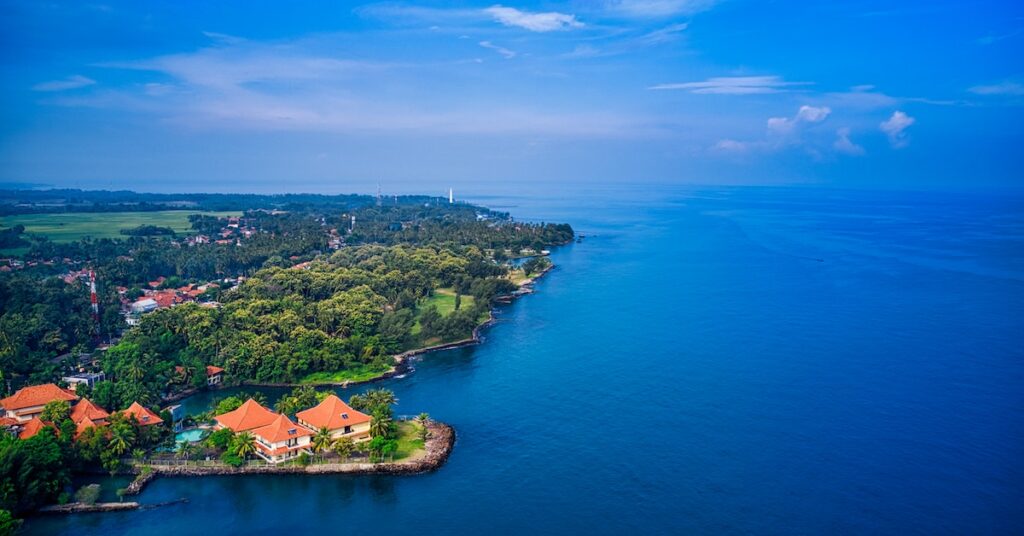There are many reasons why islands cannot manage their waste properly. Landfills are scarce, NGOs are active in promoting re-use and recycling, and political leaders avoid difficult decisions. But there are also ways to combat the problem of waste in remote and rural areas. Here are three examples.
Landfills are scarce
Developing island nations face a variety of challenges, including limited land and water resources. In addition to their isolation, waste management on islands is complicated. Managing municipal waste (MW) on islands involves multiple processes, including collection, treatment and disposal. The lack of landfill space on islands compounds the challenges involved. In addition, islands lack the market for recyclable materials, so recycling and recovery are difficult or impossible.
Land on islands is also limited, with most being owned by the government or passed down through families. This means that landfill space is scarce and often isn’t used to its fullest potential. Land in islands could be better utilized for other, more profitable uses. For example, a five-star luxury resort could be built on land currently used for landfills. But landfills aren’t the most visually appealing development.
In the 1990s, Singapore’s NEA made a decision to build a landfill on an island. The previous landfill was approaching capacity and a new one was needed to meet the city’s needs. The new sanitary landfill was designed to be environmentally friendly and fit Singapore’s land use needs after it is closed. The NEA worked to minimize the impact of the landfill on the environment. The island’s nearby areas remained abundant with flora and fauna.
NGOs are active in promoting re-use and recycling
Many NGOs are involved in promoting re-use and recycling of waste products. These programs are designed to reduce waste generation and protect the environment. The organizations collect waste through door-to-door systems and then transport it to appropriate secondary disposal facilities. Some NGOs also transfer organic wastes to composting facilities.
Some of these projects partner with the universities in the region to develop waste-related curricula. Other initiatives seek to create green jobs and entrepreneurship opportunities for island residents. One such initiative, called MACCS, engaged local women in a collaborative project that produced cloth bags. The project also incentivizes businesses to switch to reusable bags and rewards customers for using them. Women play a significant role in waste management on islands, and engaging them can help generate solutions and change attitudes.
The NGOs monitor the work of partner NGOs and offer suggestions to improve the management system. In some cases, they even assist government agencies in developing sustainable re-use and recycling programs. But, one major challenge is service charge collection. Many NGOs cannot afford the large vehicles needed for this process. As a result, collected wastes are often distributed among SDSs, causing environmental pollution and reducing traffic passage.
Taiwan lacks natural resources and imports 90% of its energy. Despite this, recycling efforts began in the 1970s with manual pick-up and re-sale activities. Back then, the islands had no centralized recycling program and waste was dumped everywhere. However, the law changed in 1974 and recycling began to gain momentum.
It is important to find markets for recycled materials. This will help the NGOs to make re-use and recycling programmes sustainable and profitable. And in the long run, it will benefit the environment and the economy. There are many ways NGOs can work together to promote re-use and recycling on islands.
In Taiwan, for example, a national competition was held to determine a symbol for recyclable products. A symbol was eventually chosen and implemented for all recyclable products in Taiwan. There were also recycling manuals published for importers, manufacturers, and the public. In addition, recycling bins were placed in public places and at schools. A recycling element was also introduced into the annual Dragon Boat race. Contestants were encouraged to use recycled materials to build their boats.
A four-in-1 program is also being implemented. The program involves residents and community groups collecting recyclable wastes. The recyclable wastes are sold to private recyclers, who then recover the commodities from the wastes and sell them. The revenue generated is then returned to the local government. It’s an effective system that allows local governments to make a profit while protecting the environment.
Taiwan was once known as “Garbage Island.” But after years of reforms, the country is now proud of having the second highest recycling rate in the world. Taiwan’s citizens now produce less than one kilogram of waste per person. In fact, the country produces about half the amount of waste generated in the US. The re-use and recycling programs of Taiwan have saved millions of tons of garbage from being disposed.
Politicians avoid making difficult decisions
A common way politicians avoid difficult decisions is by deferring them. They may be afraid to upset people, or they may be afraid of reducing their status, but deferring decisions only makes the problem worse. They become more difficult and complex. In order to avoid these pitfalls, politicians must make difficult decisions when necessary.


